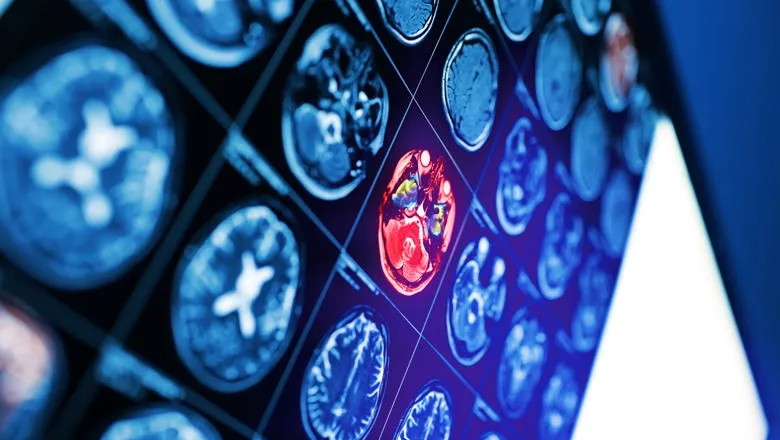We are delighted with latest published rankings, which reflects the quality of our research and undergraduate and postgraduate programmes in radiology, nuclear medicine and medical imaging.
Professor Vicky Goh, Chair of Clinical Cancer Imaging and Honorary Consultant Radiologist at King’s College London
18 November 2021
King's ranked top three in the world for Radiology, Nuclear Medicine and Medical Imaging
The ranking comes amid several other high rankings for King's and the School

US website U.S News & World Report, which is popular for its rankings of colleges and universities, has ranked King’s College London number three in the world for its academic research in the field of Radiology, Nuclear Medicine and Medical Imaging.
Rankings were performed using a range of factors, but predominant factors included publications over five years (2015-2019), total citations, global and regional research reputation and the number of citations that reached the top 10% most cited. King’s ranks third after Harvard and Stanford Universities.
"King’s Health Partners now includes King’s College London; Guy’s and St Thomas’ Hospitals; King’s College Hospital; and the Royal Brompton and Harefield Hospitals NHS Trust. Close collaborations between academics and clinicians, significant investment in imaging infrastructure, and our focus on clinical translation have been key to King’s growth in this area," she said.
It is a great pleasure to hear that King’s has been awarded a global top 3 ranking for academic research in the field of Radiology, Nuclear Medicine and Medical Imaging. King’s is now recognised as the leading university outside the US in this field of engineering and medical research. This award recognises the hard work and passion of our researchers, students and technical staff, and is probably the best way to thank our patients that take the time to support and participate to King’s led research, as well as King’s Health Partners on behalf of partner NHS organisations.
Professor Amedeo Chiribiri, Professor of Cardiovascular Imaging and Biomedical Engineering at King’s College London and Honorary Consultant Cardiologist at Guy’s and St Thomas’ NHS Trust Foundation
Some key projects in these fields from our School include:
- COVID SALES led by Dr Tom Booth, Senior Lecturer in Neuroimaging at the School of Biomedical Engineering & Imaging Sciences and lead of the Neuroradiology research team at King’s College Hospital. The study aims to detect active COVID-19 infection through changes in radiological presentation of lung apices visible in stroke patients following an MRI scan
- The Developing Human Connectome Project aims to create the first 4-dimensional connectome of early life – a dynamic map of human brain connectivity from 20 to 44 weeks which will link imaging, clinical, behavioural and genetic information. This will allow the scientific community to create new studies into the earliest stages of neurodevelopment.
- RAPID and RATHL led by Professor Sally Barrington: these studies found that patients with Hodgkin Lymphoma who have a PET scan early during chemotherapy showing a good response can have their treatment reduced safely
